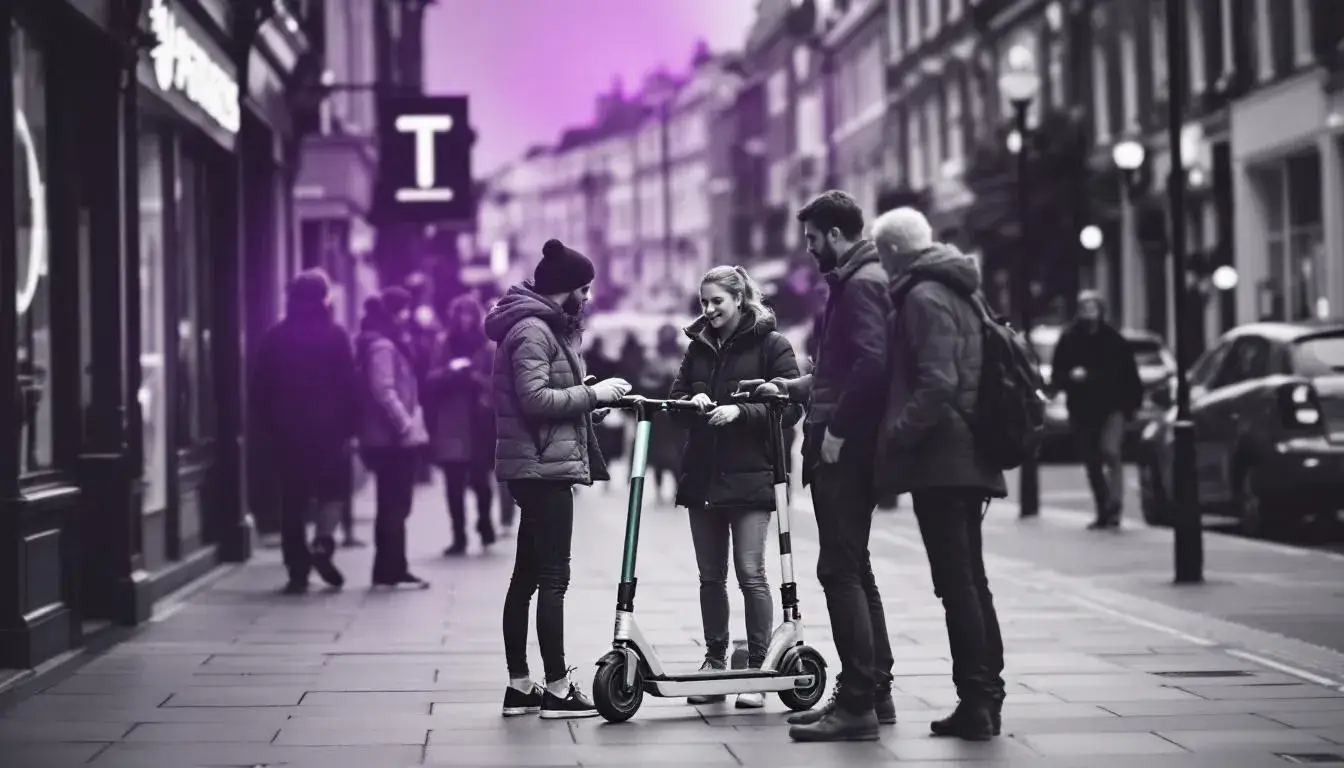
Financing Electric Scooters – UK Regulations & Options

Table of Contents
Understanding Electric Scooter Regulations in the UK
Financing Options for Electric Scooters
Pro Tips and Common Mistakes
Quotes & Sources
Case Study: Financing an Electric Scooter in Practice
Frequently Asked Questions
Conclusion
Call to Action
Regulations: What UK Consumers Need to Know
The surge in electric scooter popularity is unmistakable, but regulation lags behind consumer interest. Currently, private electric scooters cannot be legally ridden on UK public roads, pavements, or cycle lanes. Only government-approved rental e-scooters—operated as part of trial schemes in select cities—are permitted, and even then, strict rules apply:
Riders must hold a provisional or full driving licence.
E-scooter use is restricted to certain areas and times.
Helmets are recommended but not mandatory.
It’s important to note that owning an electric scooter is legal, but using it outside private land remains prohibited until legislation evolves. The Department for Transport is reviewing these laws, with potential changes in the pipeline.
Financing Options for Electric Scooters
While regulation is a crucial consideration, so is affordability. Several routes are open to UK consumers looking to finance an electric scooter:
1. Personal Loans
Banks and other lenders offer unsecured personal loans, often from £1,000 and up. These loans give flexibility, but comparison is key—APR rates, fees, and repayment periods vary by provider and personal credit score.
2. Retail Finance & Buy Now, Pay Later (BNPL)
Many scooter retailers partner with finance brokers to offer installment plans or BNPL options. These can spread the cost interest-free for a limited period or at a competitive fixed rate.
3. Credit Cards
For those with a 0% purchase card, spreading the cost interest-free is possible—provided the balance is cleared before the offer ends. Standard credit cards may offer less attractive interest rates.
4. Peer-to-Peer Lending
Platforms such as Zopa or RateSetter connect borrowers with investors. Rates are often competitive, but eligibility criteria apply.
| Finance Option | Typical APR | Pros | Cons |
|---|---|---|---|
| Personal Loan | 3.5% - 20% | Fixed payments, flexible terms | Credit check required |
| Retail Finance/BNPL | 0% - 19.9% | Quick, easy, sometimes 0% | May encourage overspending |
| Credit Card | 0% (intro) - 29%+ | Can be interest-free if paid off | High rates after intro ends |
| Peer-to-Peer Lending | 5% - 10%+ | Competitive, straightforward | Not all applicants accepted |
Pro Tips & Common Mistakes
Pro Tips:
Always read the fine print on finance agreements—look for hidden fees or penalties.
Factor in insurance and accessories; some finance deals allow you to bundle these costs.
Monitor your credit score before applying to access better rates.
Common Mistakes:
Assuming all e-scooter finance is 0%—many deals revert to higher rates after an initial period.
Overlooking the legal restrictions on where you can ride.
Missing payments, risking damage to your credit profile.
Quotes & Sources
“Electric scooter laws are evolving, and riders should stay up to date with the latest government guidance before making a purchase.” – Department for Transport spokesperson
Key references:
Case Study: Financing an Electric Scooter
Sarah, a London commuter, wanted a greener way to get around. She chose a £600 electric scooter, bundling in a helmet and lock for £70. Her retailer offered 0% finance over 12 months, making payments £55.83 per month.
Sarah double-checked legality and only used her scooter on private land, awaiting law changes. By spreading the cost, she avoided dipping into savings, but she set a reminder for the end of her 0% period to avoid any interest charges.
FAQs
Q: Can I legally ride my own electric scooter on UK roads?
No. Private e-scooters are currently illegal on public roads and pavements, though this may change in the future.
Q: What credit score do I need for scooter finance?
Most providers look for a fair to good score (above 600), but criteria vary.
Q: Are there hidden costs?
Finance agreements can carry arrangement fees or interest after an introductory period—always check terms.
Conclusion
Financing an electric scooter in the UK requires a balanced approach: understanding evolving legalities and comparing finance options. A careful review of agreements and ongoing legislative updates will ensure your purchase is both cost-effective and compliant.
Call to Action
If you’re considering financing an electric scooter, compare your options carefully and keep a close eye on regulatory changes. For tailored guidance, consult a specialist retail finance broker like Kandoo.
Buy now, pay monthly
Buy now, pay monthly
Some of our incredible partners
Our partners have consistently achieved outstanding results. The numbers speak volumes. Be one of them!


eFOLDi

BEST START PUPPY TRAINING LTD










